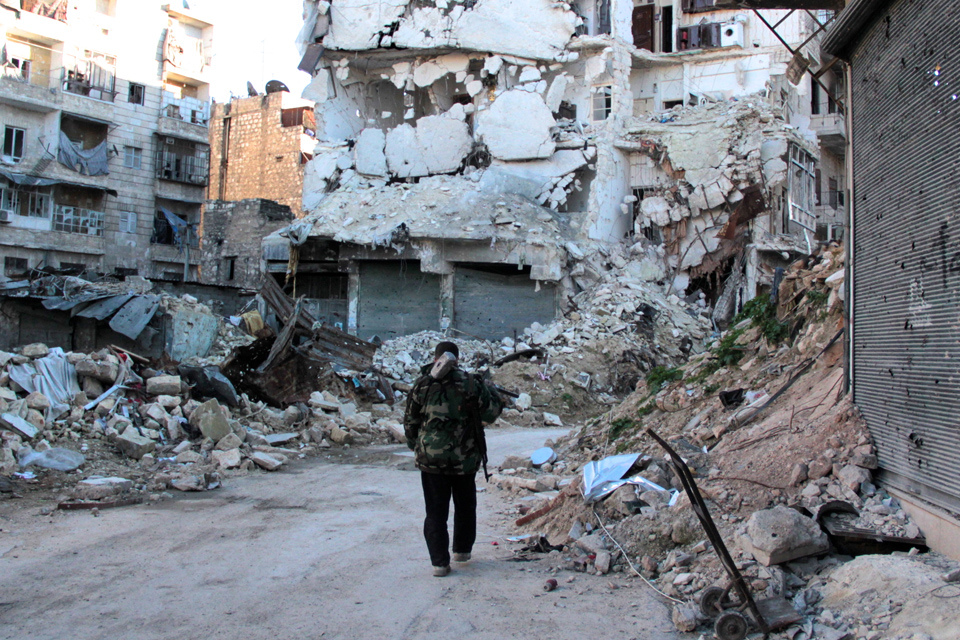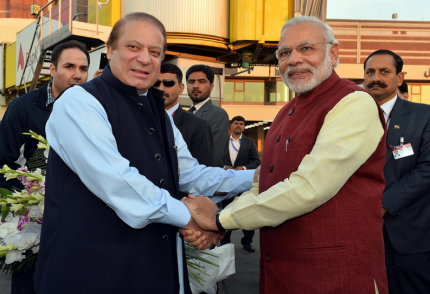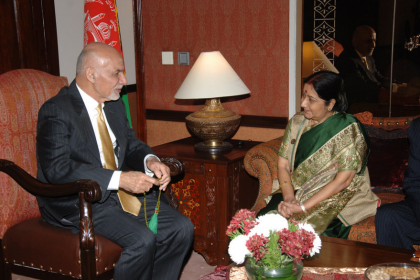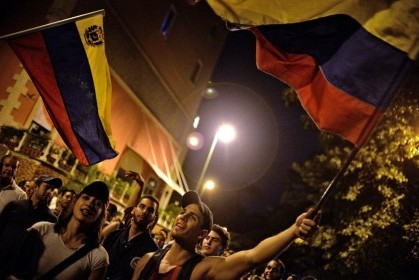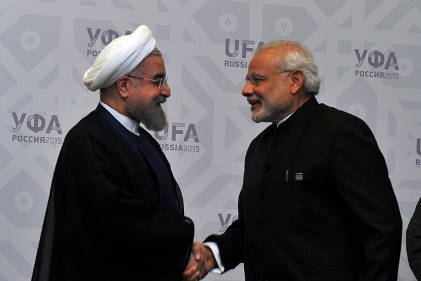U.S.-Iran: overcoming brief setbacks?
Former United States Ambassador Frank Wisner talks to Gateway House about the progress of U.S.-Iran relations in the aftermath of the P5+1 nuclear deal with Iran, including the U.S. response to Iran’s testing of a missile. He also discusses the U.S. perspective on India’s prospective APEC membership.


![DSC_0211[1]](https://www.gatewayhouse.in/wp-content/uploads/2016/01/DSC_02111-e1452754538418.jpg)

